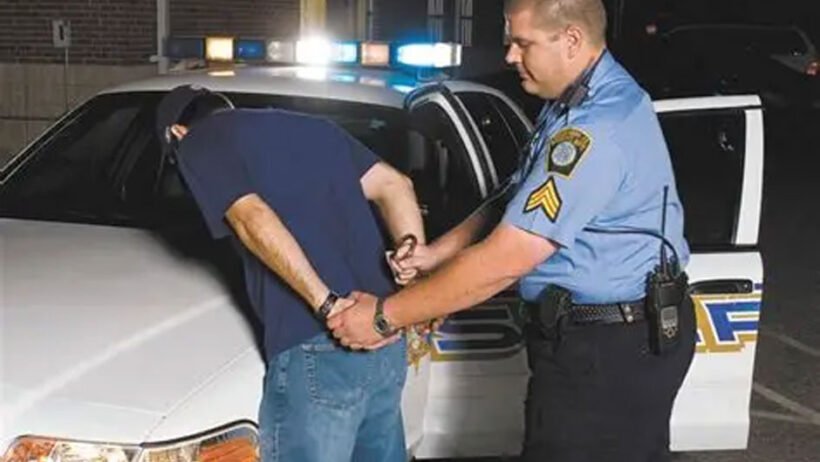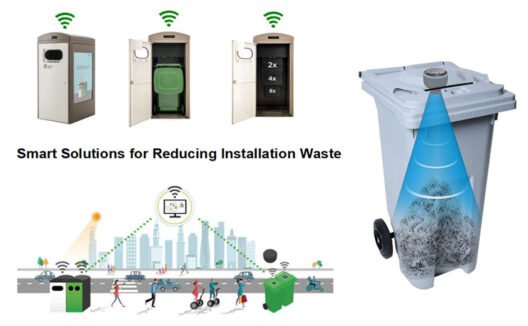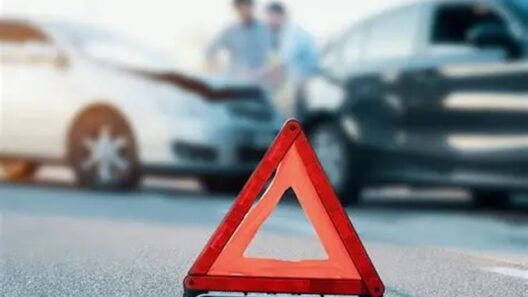Being arrested for driving under the influence (DUI) can be an overwhelming and confusing event. The legal system has a specific process for handling these charges, and understanding it can help you prepare for the road ahead. From the moment you are pulled over to potential court dates, each step is critical. This guide outlines what you can generally expect after a DUI arrest.
The Traffic Stop and Arrest
It all begins with a traffic stop. An officer must have a reasonable suspicion that you have committed a traffic violation or are driving impaired to pull you over. During the stop, the officer will observe your behavior, speech, and look for physical signs of impairment.
Field Sobriety Tests and Chemical Tests
If the officer suspects you are under the influence, you may be asked to perform field sobriety tests (FSTs). These are physical and mental exercises used to assess your coordination and cognitive function. Following the FSTs, the officer might request that you take a chemical test, such as a breath, blood, or urine test, to measure your blood alcohol concentration (BAC). Refusing to take this test can result in automatic administrative penalties, such as a driver’s license suspension, regardless of the outcome of the criminal case.
If the officer establishes probable cause through these tests or other observations, they will place you under arrest for DUI.
After the Arrest: Booking and Initial Detention
Following the arrest, you will be transported to a police station for booking. This is an administrative procedure where your personal information is recorded, your fingerprints and photograph are taken, and your belongings are inventoried and held for you. You will be held in a local jail until you are released or see a judge.
Release and Bail
Depending on the jurisdiction and the specifics of your case, you might be released on your own recognizance, which is a written promise to appear at your future court dates. In other situations, you may need to post bail. Bail is a financial security deposit intended to ensure your return to court. The amount can vary based on your BAC level, prior criminal history, and other factors related to the arrest.
The Legal Process Unfolds
After your release, the formal legal process begins. This involves two separate proceedings: one with the Department of Motor Vehicles (DMV) concerning your driving privileges and another in criminal court.
The DMV Hearing
After a DUI arrest, you typically have a very short window, often just a few days, to request a hearing with the DMV to challenge the automatic suspension of your driver’s license. This is a crucial step to protect your ability to drive. If you do not request this hearing in time, your license will likely be suspended automatically.
Arraignment and Pre-Trial Proceedings
Your first court appearance is the arraignment. Here, the formal charges against you will be read, and you will be asked to enter a plea of guilty, not guilty, or no contest. Pleading not guilty is common at this stage, as it provides your legal team time to examine the evidence and prepare a defense.
During the pre-trial phase, your legal counsel will gather evidence from the prosecution in a process called discovery. This includes police reports, test results, and any video footage. An experienced DUI lawyer in Salt Lake City can analyze this information for weaknesses in the prosecution’s case, such as improper police procedures or faulty testing equipment. Negotiations for a plea agreement may also occur during this time, potentially leading to reduced charges or penalties. If no agreement is reached, the case will proceed to trial, where the prosecution must prove your guilt beyond a reasonable doubt.








